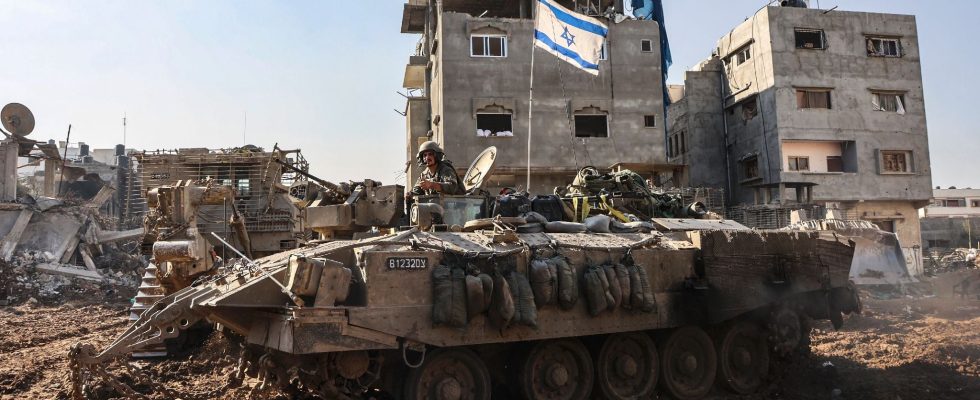More than three months have passed since the terrible Hamas attack on October 7 and the massacre of more than 1,200 people. The Israeli army’s brutal offensive on the Gaza Strip, the terrorist group’s stronghold, has already left more than 20,000 dead, according to Hamas, while the conflict threatens to spill over into Lebanon. For Uzi Rabi, director of the Moshe-Dayan Middle East research center at Tel Aviv University, the rapprochement between certain Arab states and Israel should not, however, be called into question. Verbatim.
The Middle East will change in 2024
“What is happening in Gaza is not just a game played by Israel and Hamas. In the broadest sense, the current struggle also concerns the nature of the Middle East. Because two axes clash: on the one hand, Iran and its allies, such as Hamas, Hezbollah and the Houthis and, on the other, Saudi Arabia, the United Arab Emirates, Egypt and Israel, in particular. Above these two groups, we finds Russia and China with Iran, and the United States with the Arab states and Israel. This is why the Americans are so deeply involved and this is why President Joe Biden, during his visit to Israel, made the connection between Ukraine [NDLR : victime d’une invasion russe] and Gaza.
The risk of conflagration
There is a risk that the Hamas war will spill over into the region and become internationalized. The Americans are trying to prevent this by positioning carrier battle groups in the area. [NDLR : porte-avions et leurs escortes, capables de réaliser des frappes massives]. Because on the other hand, Iran and Hezbollah have long-range missiles that they can use against Israel and have many other options with their “proxies”. We saw this with the Houthis in Yemen, who are not that strong but still use Iranian-style weapons, such as missiles and drones, to harass ships near the Bab-El-Mandeb Strait. However, this disrupts maritime transport through the Red Sea, a very important trade route for the economies of the region, but also for those of China, Europe and the United States.
Abraham’s Accords Put to the Test
In 2024, I do not think that the Arab countries which recently normalized their relations with Israel, within the framework of the Abraham Accords (United Arab Emirates, Morocco and Bahrain) will return to this. Firstly because it is an agreement based on mutual benefits, win-win.
Then because all these states hate Hamas and the Muslim Brotherhood [NDLR : le Hamas a été fondé en 1987 par des militants se réclamant de ce groupe islamiste égyptien] and it is out of the question for them that such groups will prosper in their countries. I am convinced that once the war is over, we will quickly return to the process leading to the normalization of relations between Israel and Saudi Arabia, particularly because it is in the interest of the region and the Americans.”
.
